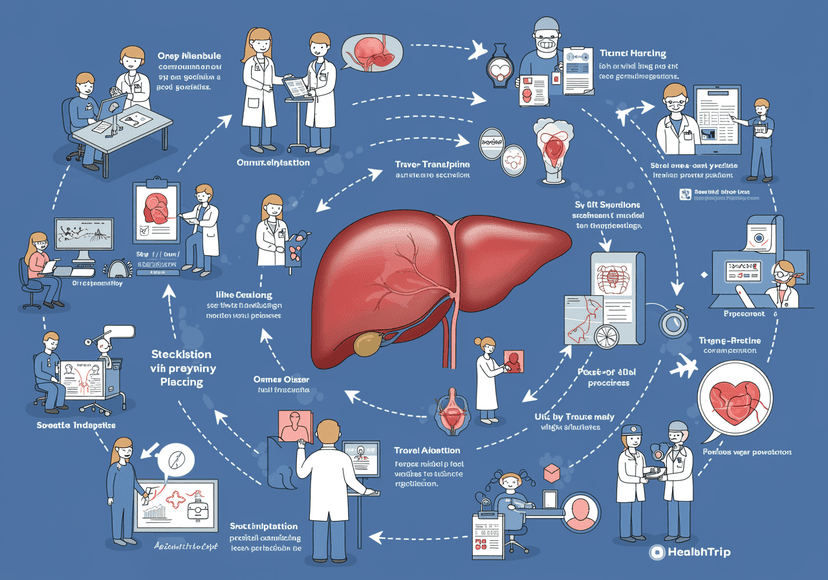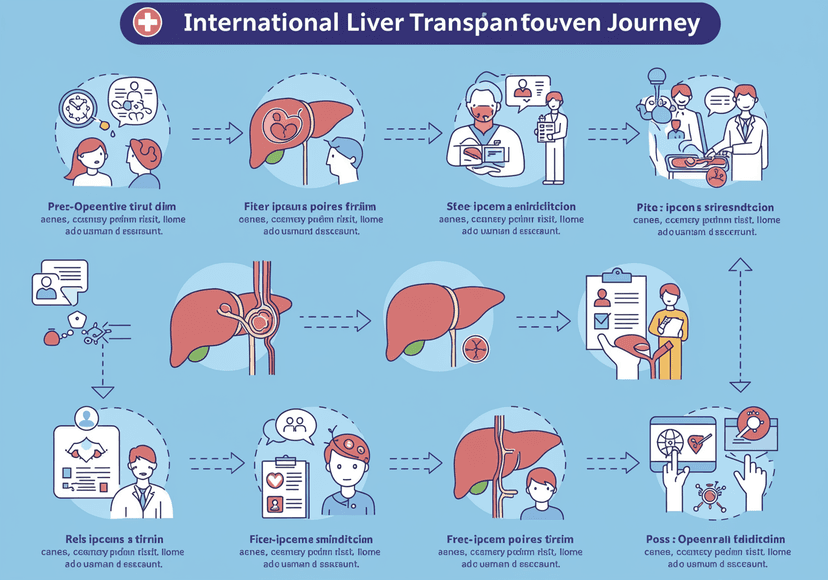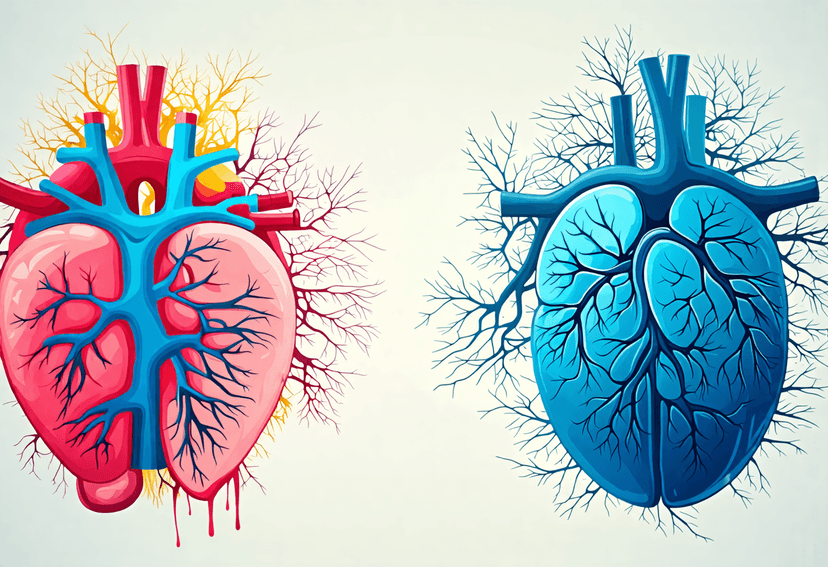
Managing Rejection After Transplant
08 Oct, 2024
 Healthtrip
HealthtripRejection - the word itself sends shivers down the spine of anyone who has undergone a transplant. It's a constant fear that lingers in the back of their mind, a nagging doubt that can be overwhelming at times. The journey to recovery after a transplant is long and arduous, filled with twists and turns that can be emotionally draining. And yet, despite the advancements in medical science, rejection remains a harsh reality that many transplant recipients have to face.
The Emotional Toll of Rejection
Rejection is not just a medical phenomenon; it's an emotional earthquake that can leave the patient and their loved ones reeling. The sense of disappointment, frustration, and helplessness can be crushing, making it difficult to come to terms with the fact that the body is rejecting the transplanted organ. It's like being told that your body is failing you, that it's not strong enough to accept the gift of life that has been given to you.
Most popular procedures in India
For many patients, rejection can trigger feelings of anxiety, depression, and low self-esteem. They may feel like they're stuck in a never-ending cycle of hospital visits, medication, and uncertainty. The emotional burden can be so overwhelming that it affects their relationships, work, and overall quality of life.
The Fear of the Unknown
One of the most daunting aspects of rejection is the fear of the unknown. Patients are often left wondering what triggered the rejection, whether it's a result of their own actions or a medical complication. The uncertainty can be paralyzing, making it difficult for them to move forward and make sense of their situation.
Wellness Treatments
Give yourself the time to relax
Lowest Prices Guaranteed!

Lowest Prices Guaranteed!
This fear can be compounded by the lack of control patients have over their bodies. They may feel like they're at the mercy of their immune system, powerless to stop the rejection from happening. It's a feeling that can be incredibly isolating, leaving patients feeling like they're fighting a lonely battle.
The Importance of Support Systems
But rejection doesn't have to be a solitary experience. In fact, having a strong support system can make all the difference in the world. Family, friends, and support groups can provide a lifeline to patients, helping them navigate the emotional turmoil of rejection.
A supportive partner, for instance, can be a rock, offering emotional stability and comfort during the darkest of times. Friends can provide a much-needed distraction, taking the patient's mind off their condition and helping them feel connected to the world outside the hospital walls. And support groups can offer a sense of community, a space where patients can share their experiences and connect with others who understand their struggles.
The Role of Mental Health Professionals
Mental health professionals, such as therapists and counselors, can also play a vital role in helping patients cope with rejection. They can provide patients with the tools they need to manage their emotions, develop coping strategies, and regain control over their lives.
Therapy can be particularly helpful in addressing the emotional fallout of rejection. It can help patients process their feelings, work through their grief, and develop a more positive mindset. By talking through their emotions, patients can gain a deeper understanding of themselves and develop a more compassionate approach to their situation.
Finding Ways to Cope
So, how can patients cope with rejection after a transplant? The answer lies in finding ways to manage their emotions, focus on their well-being, and celebrate their strengths.
One way to cope is to practice self-care. This can involve activities like meditation, yoga, or simply taking a relaxing bath. By taking care of their physical and emotional needs, patients can reduce their stress levels and improve their overall well-being.
Another way to cope is to focus on the positive aspects of their life. Patients can reflect on the things they're grateful for, no matter how small they may seem. This can help shift their focus away from the rejection and towards the good things in their life.
Finally, patients can celebrate their strengths and resilience. They can acknowledge the fact that they've survived the transplant, that they've made it through the toughest part of their journey. By recognizing their own strength, patients can develop a more positive mindset and find the courage to keep moving forward.
Related Blogs

Your International Liver Transplant Journey with Healthtrip: Consultation to Recovery
Embark on your international liver transplant journey with Healthtrip. We

Your International Liver Transplant Journey with Healthtrip: Consultation to Recovery
Embark on your international liver transplant journey with Healthtrip. We

Understanding Transplant Complications
Identifying and managing potential complications after transplant.

Understanding Transplant Medication
A guide to transplant medications, their side effects, and management.

Living a Healthy Life After Transplant
Tips and strategies for maintaining a healthy lifestyle after transplant.

Living with a Transplanted Organ
Managing medications, follow-up care, and lifestyle changes after an organ










